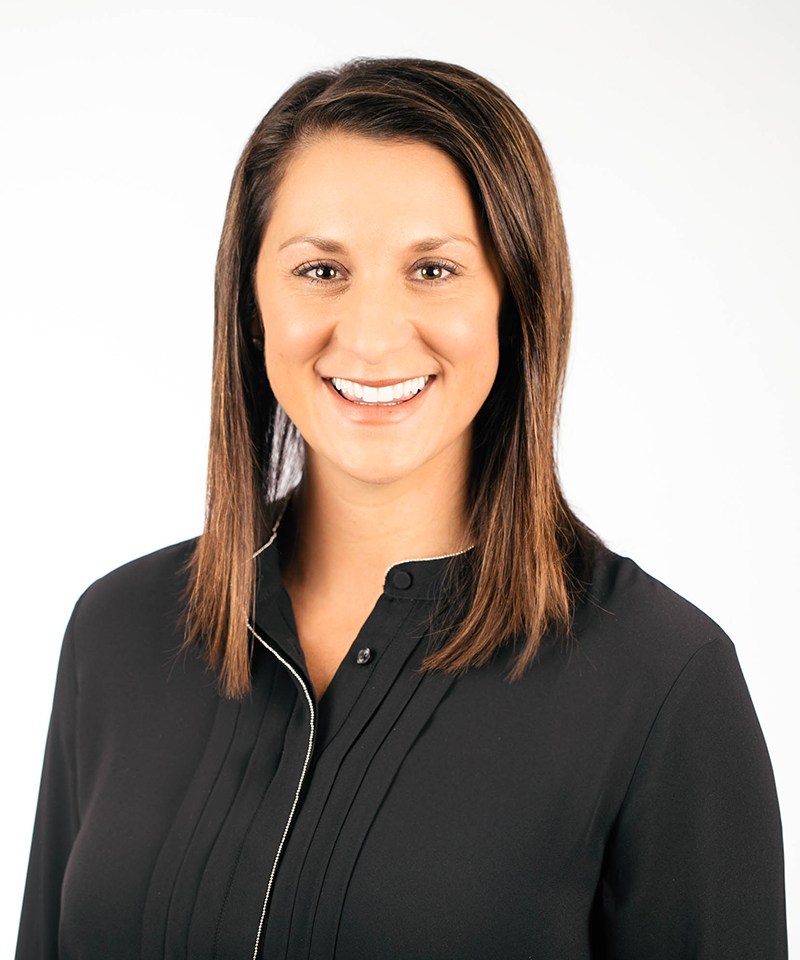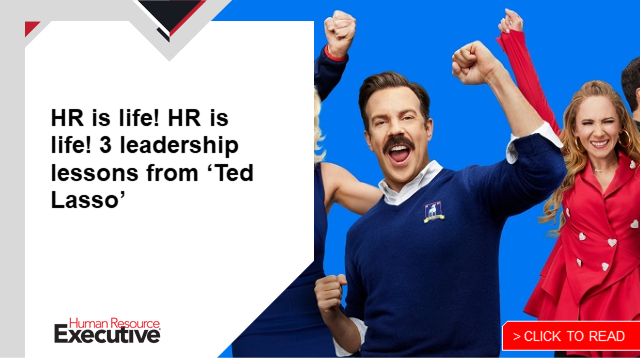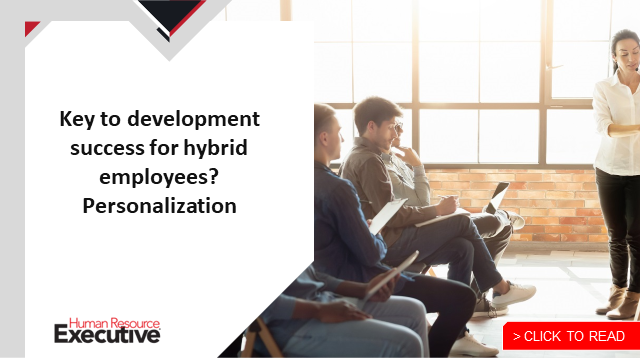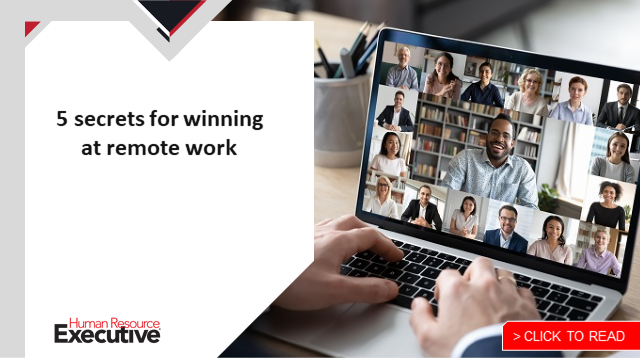As the pandemic took hold more than two-and-a-half years ago, employee benefits quickly came into the spotlight, as many organizations revamped benefits plans to contend with the new environment. Health and wellness benefits were already the name of the game at direct healthcare provider Premise Health—which operates 800 wellness centers at 2,500 organizations nationwide—giving its HR team a unique vantage point for what both employees and clients could need in challenging times.
For instance, the organization rolled out virtual behavioral health offerings during the pandemic, says CHRO Liz Reimer. These have been so popular with employees that Premise is working to add additional clinical staff to meet the need.
“Our people take care of others all day so we need to be there to support them,” Reimer says about the spirit behind the move. It’s an idea that also underlies Premise’s new Connected Care+, a data-driven strategy to connect team members with healthcare needs to comprehensive care.
Such approaches exemplify how Premise, along with many other organizations, are increasingly tying benefits to the employee value proposition, in the wake of COVID-19 and the countless workforce transformations it has wrought. Reimer—who joined Premise in 2014 after holding senior HR roles at Cigna, HealthSpring and AIM Healthcare, among other organizations—recently explored this and other trends with HRE.
HRE: How has the pandemic changed the role of health and wellness benefits in the overall employee value proposition at Premise Health?

Reimer: In today’s competitive talent market, health and wellness benefits are more important than ever because they signal what a company values. Prospective employees are looking for companies that align with their values, which are different person by person, but may include having a better work/life balance or focusing on family.
At Premise, we have responded to this trend by taking a fresh look at our benefits and identifying areas where we can strengthen our employee value proposition to support both current team members and recruitment. We added several benefits, including virtual behavioral health and virtual primary care, to support our team members’ physical, mental and emotional health. We also significantly expanded our focus on diversity, equity, inclusion and belonging initiatives to make sure everyone can see themselves at Premise and bring their whole self to work.
Ultimately, the pandemic has elevated the role of benefits in organizations, including at Premise, and changed conversations from a transactional focus on total compensation to a broader focus on how health and wellness benefits contribute to wellbeing. We’re excited about this conversation. Our mission at Premise is to help people get, stay and be well, and so we’re passionate about ensuring our team members can be healthy and are thriving themselves. We value a culture of wellbeing over compensation any day and work hard to promote that to our current and prospective team members.
 HRE: What area of health and wellness benefits do you think is going to see the most growth in an eventual post-pandemic workplace?
HRE: What area of health and wellness benefits do you think is going to see the most growth in an eventual post-pandemic workplace?
Reimer: Growth is happening across the board when it comes to health and wellness benefits, as organizations compete for talent and respond to increases in healthcare spending. However, one specific area we expect to continue to grow is behavioral healthcare. The pandemic created both demand for behavioral health and changed the ways that people and companies talk about it, leading to sharp growth in this benefit over the last two years. There is great need in this area, so we don’t expect demand to slow.
We’re also seeing interest from organizations in offering access to near-site wellness centers for employees and their families in the communities where they live. We’re expanding our near-site network in 10 markets based on the demand from the organizations we serve for this specific benefit.
At Premise, we know that every generation is now a digital generation. We’ve taken a closer look at where digital care has been, where it’s going and what organizations should be looking for in the future. We’ve placed significant emphasis on our virtual care offerings, including virtual primary care and virtual behavioral health. Virtual primary care delivers holistic primary care, alongside concierge support for connecting to in-person care when needed. Virtual behavioral health connects members to a centralized team of licensed counselors who provide evidence-based counseling and solution-focused therapy. People want to know that no matter where they may be located physically, they have access to quality care, which means digital care is becoming a “must-have” instead of a “nice-to-have.”
HRE: You’ve spent most of your career in healthcare-related companies. What was the initial attraction to this space?
Reimer: I spent the early part of my career in the Medicare environment, which offered tremendous insight into our healthcare system and trained me to approach benefits with a data-driven, “quality-first” mindset. I was very attracted to this approach because you could see the positive impact it had on outcomes and how that benefited patients.
As I transitioned into the commercial space, leveraging data to connect people to quality care remained a key motivation for me. In my role as chief human resources officer, I’m always asking: How can we make the benefits experience better for our teams, while also making sure they’re getting the best care available? That question also is important to Premise as an organization as we strive to connect those we serve to exceptional healthcare. The intersection of doing what I love at an organization with a similar mission is an exciting one. You could say it’s the data that drew me in, but the mission that has kept me in healthcare.
HRE: Are there any particular talent acquisition lessons from your career that you’re looking to now to combat modern talent challenges?
Reimer: One important lesson I learned is to develop a deep understanding of what employees want and need, both now and in the future. Cultivating this understanding is critical to ensuring they feel connected to the work they’re doing. Teams want to feel valued, heard and understood. The less connected an organization is to its employees, the harder it is to retain them. People are our greatest asset.
 We put this lesson into practice at Premise by surveying our population quarterly on their experiences at work so we can better meet their needs. In early 2021, we also conducted a comprehensive benefits study to map out the offerings that most impact team members’ perceptions of their benefits and Premise as an organization. We learned a lot, and we are using the information to make changes based on what our team members said they value the most—not what we think they value. For example, we immediately added family-building benefits through Kindbody, which was a need that came up again and again. We’re also using the insights from the survey to map out a long-term benefits roadmap based on what our people have told us matters the most.
We put this lesson into practice at Premise by surveying our population quarterly on their experiences at work so we can better meet their needs. In early 2021, we also conducted a comprehensive benefits study to map out the offerings that most impact team members’ perceptions of their benefits and Premise as an organization. We learned a lot, and we are using the information to make changes based on what our team members said they value the most—not what we think they value. For example, we immediately added family-building benefits through Kindbody, which was a need that came up again and again. We’re also using the insights from the survey to map out a long-term benefits roadmap based on what our people have told us matters the most.
HRE: Regardless of budgeting, what would be at the top of your HR wish list to advance talent success at Premise Health?
Reimer: At the top of my HR list would be delivering the most advanced, experimental leadership development possible at all levels for our people leaders. Our success with people, including our team members and members, begins with our leaders. Leaders are the ones who inspire, engage, motivate, keep in check our moral compass (values), set the tone for our culture and develop our team members. They are the true lynchpin to talent success—not HR, our CEO or the executive team. Nine out of 10 of our team members reside inside a health center directly within the walls of another employer and are influenced daily by the culture and leadership of that company. Our leaders are the “direct” connection between Premise and those team members. I often think of these “people leaders” as the telephone pole lines or the fiber lines that reach our team members, giving them the energy, passion, direction and success they need to be a part of Premise and to stay connected to us. The more we can pour into them to develop them as humanistic, empathetic and skilled leaders, the better the organization will be for it.
HRE: What has been the proudest moment of your career?
Reimer: The proudest moment of my career occurred when I was asked by a former president of an organization that I had worked for to come to Premise to be their CHRO. At the time, he was a board member for Premise and he reached out to me when I was on maternity leave to talk about this amazing opportunity with a newly formed company. What was so great about that moment was that he told me about all of the things he saw me do successfully at our prior organization and that he had the confidence in me to be the one to help guide this new company to success from a business and human capital perspective. I had no idea how much he recognized and appreciated the work I had put into our prior organization, and it was an absolute honor to be asked to work for Premise. It taught me that there are many people watching you in your career and you may not even know it. So always work hard, hustle and stay humble—it will pay off. Ultimately, the proudest moment of my career was the day I was offered the CHRO position with Premise. I have not looked back, and it has been an amazing journey to be a part of Premise’s growth and to see the positive impact we are having on healthcare in this country.
HRE: What are you passionate about outside of work?
Reimer: My biggest passions outside of work are pretty simple: They are my family and my health. I have a husband and an 8-year-old son, and I am so grateful to have them each and every day and be on this life journey with them. I come from a large, Italian family and culturally, family connection is just priority. Finding time to plan family vacations, family reunions or ways for our family to stay connected has become something I really enjoy doing. I am also very passionate about my health and the health of my family. I love to be active, whether that is hiking, road or mountain biking, paddle boarding, exercising or sailing. I love to find new ways to be active because it allows me to be happy, strong and healthy!
The post How the mission of working in healthcare keeps this CHRO inspired appeared first on HR Executive.